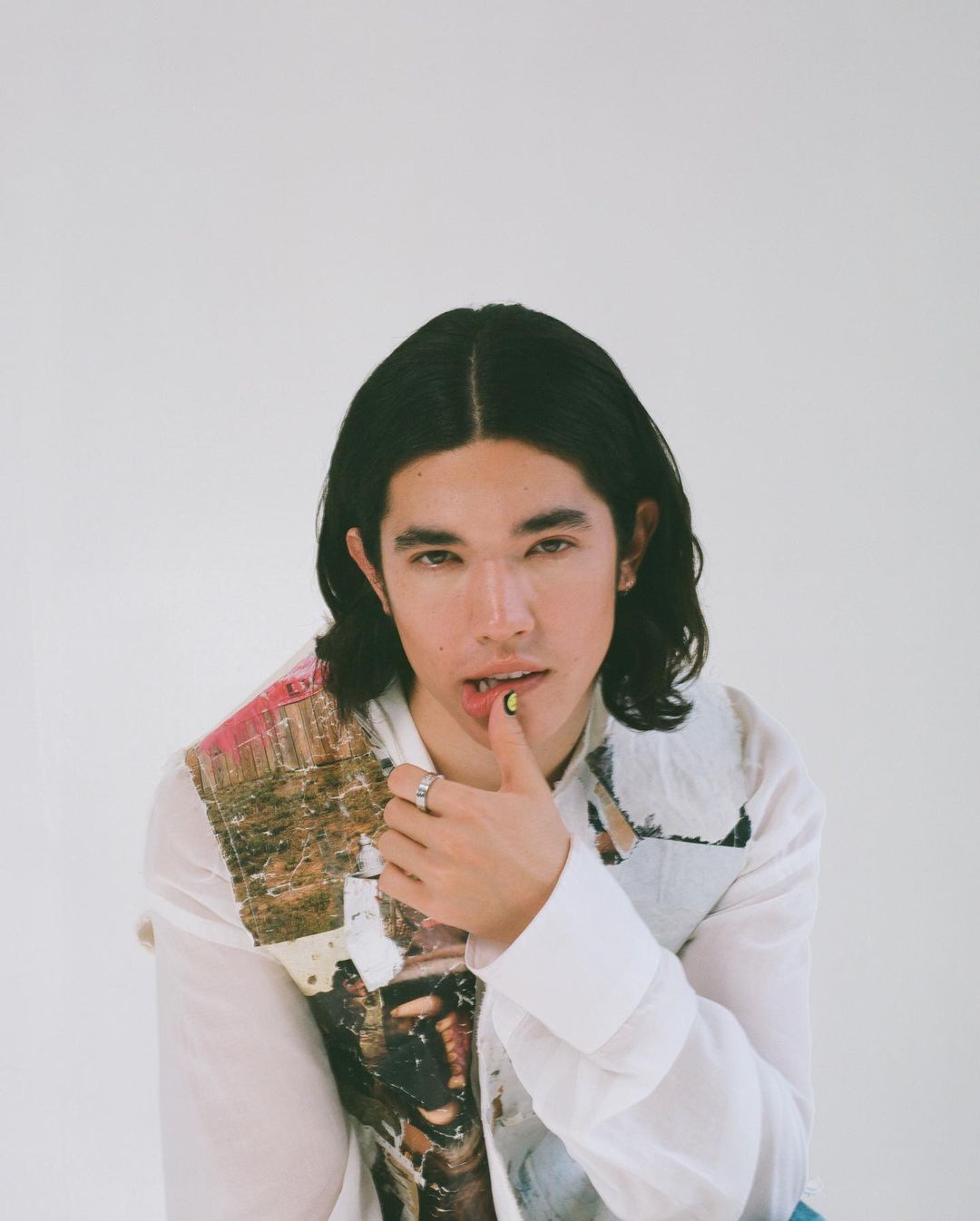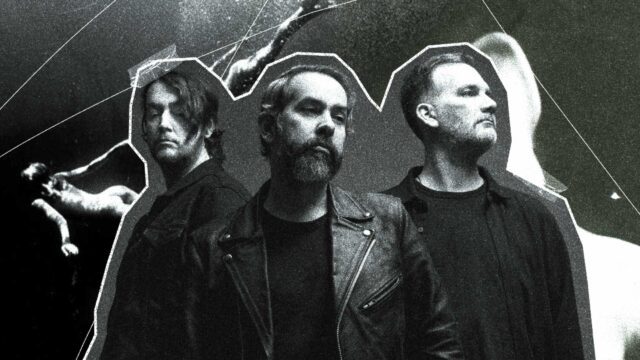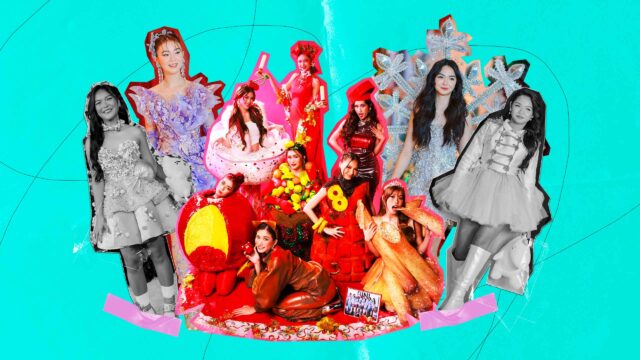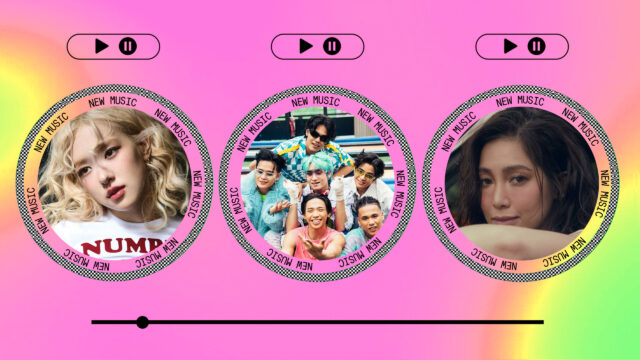Personal and achingly real, Conan Gray writes a story that cuts through generational hubris and a perception of anxiety so often dismissed.
Related: WHAT MAKES A POP SONG GREAT?
It’s always the quiet, unassuming, and blink-and-you-might-miss-them ones that have the most to say. And that is highly telling of the context we currently navigate, what with having to wade through a quagmire of deafening noise both online and off, as well as of a generational hubris that cuts through a perception of ennui. Deceptive as they may present themselves, drowning all this out and distilling it to a profound understanding of the human condition that belies their age and perceived peripheral comprehension is not only surprising to an entitled point-of-view, but it is the type of information that will set the tone of how the rest of the story unravels at a given pace. You may not necessarily see this character in a crowd, but they’re definitely present in the blur of things—observing, connecting, and feeling.

There is something immediately comforting about Conan Gray, the very same low-key, under-the-radar narrator succinctly taking to account our collective emotional journeys and histories, immortalizing it to the musical chapter that is Kid Krow. Emerging from his bedroom with nothing but a mic taped to a broken lamp and GarageBand, his sonic expositions are dreamy, pure, and achingly earnest, as heard from in Idle Town from the bubble of adolescent doldrums that was Sunset Season—a known nod to his then senior year in high school. While at the precipice of possibilities, a sunrise into the horizon of music, if you will, the young man they call the pop prince of sad internet teens is gearing up for his coming-of-age story to get even more real than we already know it to be.
Meet Kid Krow

Wistful, nuanced, and brutal, the 12-track release timelines a personal journey that is extremely familiar, often self-deprecating, and incredibly honest. Puncturing through a film of dazed introspection, Kid Krow opens with the buoyant Comfort Crowd, a steady and assuring rhythm that is much like that sunlit awning in a young adult film before transitioning to the sparkling settle into the self in Wish You Were Sober and the thumping mid-tempo dance track, Maniac.
“The best song to introduce yourself to my music is probably Maniac. I think it’s a good crash course, an intense crash course on how I am, you know?” begins Conan Gray in our Zoom call, where he was bright and peppy in his shock of blue and marigold bowling shirt. “I think my songwriting style is very much like, not too serious, but I like to have a few zingers here and there.” The telling of his tale takes on a textured and revealing depth with the interception of (Online Love) that leads to the 90s acoustic traipsing alternative, Checkmate.
Thoughtful and vulnerable, there is a coursing of fragility that strengthens the grown-up resolve of Conan Gray as he teeters through his young adult life. Manifested in his lyrics all throughout, especially in the fragment of The Cut That Always Bleeds (To say you loved me all along / And kissed the bruises ’til they’re gone / Bittersweet, ’cause I can’t breathe / Inside your arms), Fight Or Flight (My eyes are welling up, as you admit there’s someone new / It’s my move / Fight or flight), and Affluenza (You threw a party but you kinda Hate all your friends / So you’re crying in a drive-way / Killing time, getting high / Can’t wait ’til it ends).
The Catharsis Of Conan Gray

It isn’t uncharacteristic for Conan Gray, who admits to being a chronic overthinker, processing his own feelings, as well as of the stories and situations of those near and dear to him. “I don’t really know where that comes from, but it just happens and it’s happened to my whole life,” he says of his creative process, which is in only a way he can get away with just comes out of nowhere. “It’s hard to explain how it happens, but I definitely draw the most inspiration from just my own life and my social life. You know, sometimes my friends will tell me stories about their lives and I’ll write about that.” It is through this reflection in his songwriting that he started to open himself up and shift to a broader sense of maturity, which skirts through stern rigors and more acquiescing to the pace of his understanding.
“Honestly, it kind of happened once I like started writing songs and once I started realizing that there’s a light for me that could happen that isn’t what I expected. You know, so many people told me that I was gonna amount to nothing. It was what I was so used to hearing from adults. And so, I think I almost criticized them and I worked hard to spite those people, and also you know, it was once I like got real friends—because I moved around so much I didn’t really have many friends growing up, but once I got friends, they were like, ‘I want to grow with you.’ I was like, ‘Okay, I’ll try to get older. I’ll try to grow old with you,’” he says.
The Story Of Heather
“It wasn’t me, it was the people who reached out and even fans who who told me that I wasn’t crazy, feeling the way I feel and friends—it was all these people who went out of their way to show me that they loved me and so, if you ever see someone who’s going through a hard time, reach out…be kind, [because] you never know how much you’re going to change their life.” This is most realized in the eponymous catharsis of the album, Heather, a unique take on sensuality and grit that is atypically draped in nostalgic tones and shadows of truth. Underscored by an evocative strumming of chords that seemingly feels up an empty cavern with warmth and well, self-love.
“Heather was perfect and beautiful and so sweet and because of that I was so jealous of her. I hated her so much. She did not deserve that at all, but I think Heather to me is just kind of my song about wishing that I was something that I’m not, and wishing that I could be be like Heather, you know? Be all sweet and lovable, but I’m not like that. I think we all have a Heather in our lives,” details Conan Gray of the genesis of this song.
“I think for a lot of my life I wish that was Heather, but more and more, I just have come to accept who I am. I’ll never be Heather. I’ll never be that lovable, sweet, perfect person ever. I wouldn’t I’ll never be no matter how hard I try,” he ponders. “So, I need to find somebody who loves me for me and not somebody who loves me for how much I want to be like.”
For Conan Gray, It All Has Just Begun
Led by Little League, Kid Krow finally mellows out into a lingering settle with The Story, a definitive song that encapsulates who Conan Gray is. Charming in its culmination, it is a reminder that there is to the story than a punctuation or an end. In its ability to anchor itself on the individual experiences of the listener, this musical essay is a testament to the wonders that the world has accorded the singer and songwriter who only once dreamed and sang from the comforting walls of his bedroom. And now, he is able to affect in a capacity far larger than he could have ever imagined.
“It’s just so inspiring and such a surprise to me. I never expected any of this at all,” he reveals. “I always felt so isolated, and in my experience in [being] such an outsider, it’s so nice to know that other people relate in that I’m not the only one and that I’m totally not crazy. It’s just very, very comforting and it’s a dream. It’s absolutely ridiculous.”
While he has just barely cracked the spine of his bound chapters, he already has a lot to say to the world. Sure, he cannot as of yet play a show and drown in the emotional strings of his choruses, but we sure as hell can dance to it…from the confines of our bedrooms, of course. For this overthinker, he is surprisingly optimistic and hopeful, and why wouldn’t he be? Reminding us to not be too hard on ourselves, especially in our reality now, it’s just like as he hums to a fade out in The Story, “Just wait and see, it’s not the end of the story.”
It all has just begun for Conan Gray.





